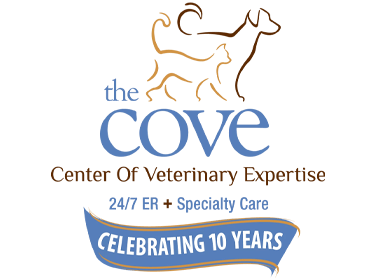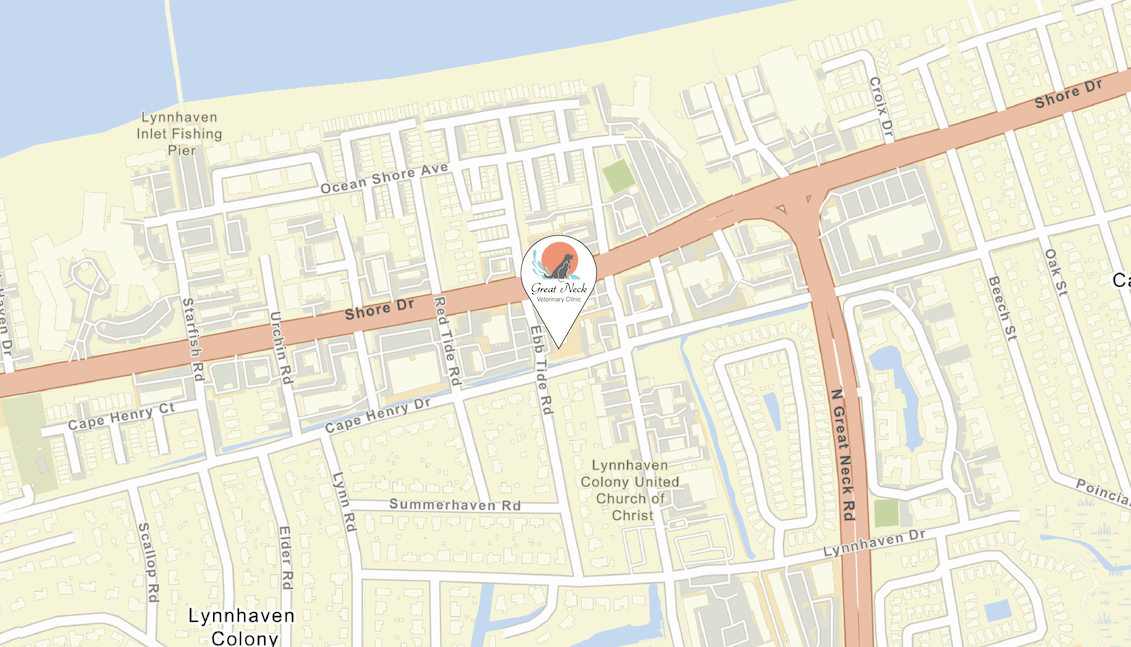Kitten Care

Kittens are so cute, it’s understandable that cat owners sometimes wish their kittens could stay kittens forever. This is the when you, as the pet parent, lay the foundation for your cat’s future health and behavior. Not to mention, it’s the stage where you have to decide what food to buy, when to visit a vet, where to place a litterbox, etc. Fortunately, all of your hard work during these first few months is compensated by loads of snuggling and adorability.
Visit a Veterinarian
One of the first things you should do with your new cat, if not the very first, is take them in for an exam. This trip is almost as important for the owner as it is the kitten, because it not only tests for health issues like birth defects, parasites, and feline leukemia, but allows you to ask those all important questions including advice on litterbox training your kitten.
The veterinarians and staff at Great Neck Veterinary Clinic are pet owners, too. They have experienced the joys and challenges of owning and caring for young pets. We won’t be shy about offering advice on how to protect your young pet from hazards in your home, such as toxic and dangerous materials, medications, and choking hazards.
Verify Your Kitten’s Age
Though it’s not something you have any control over, your kitten’s age is more than just a number. In fact, it’s crucial that you learn it. Kittens have very specific developmental needs for the first 10 weeks of their lives in terms of nourishment, warmth, socialization, and excretion. For this reason, most breeders and shelters typically wait until their kittens are of age before they’re put up for adoption. If you, by chance, find yourself in a situation where you need to care for an orphaned kitten under 10 weeks old, please contact us as soon as possible.
Shop for Quality Food
Feeding a kitten isn’t as easy as grabbing a bag of cat chow at the nearest convenience store. Growing kittens need as much as three times more calories and nutrients than adult cats. That’s why it’s important to find a good quality food designed especially for kittens. A name brand food, formulated for kittens, is the simplest way to ensure that your kitty gets the proper nourishment without supplements. Also, check to make sure your kitten’s food includes a statement from the Association of Animal Feed Control Officials (AAFCO) displayed on the packaging, ensuring the food is nutritionally complete.
Set Up a Feeding Schedule
To keep up with your kitten’s appetite, you’ll want to establish a daily feeding routine. The best way to ensure that you’re not under or over-feeding your kitten is to consult with a veterinarian about how much and how often to feed. At 3 to 6 moths of age, most vets recommend feeding your kitten three times a day. Once they reach six months, you can scale it back to twice a day. Keep stocking your pantry with kitten food until your kitten reaches adulthood, which is 9 to 12 months old. In addition, don’t forget to keep their water bowl fresh and filled at all times. But hold the milk. Contrary to popular belief, milk is not nutritionally sufficient for kittens and can give them diarrhea (not a fun time, trust us!).
Prepare a Room
Before you bring your kitten home, it’s best to designate a quiet area where the kitten can feel comfortable and safe. In this base camp, you’ll need to put a few essentials like food and water dishes, a litterbox (preferably one with low sides), and some comfortable bedding.
Tip: Remember, cats don’t like their food and litterbox too close together. So place the food dishes as far away from the litter as possible within the space.
Be Sociable
Once your vet has cleared your kitten as free of disease and parasites, it’s safe to let your new kitten explore its new surroundings and other pet roommates. Handling and playing with your kitten at least once a day will help him form a strong emotional bond with you. If you have children, monitor their introduction to the new kitten to make sure it’s a positive experience for both the kitten and child.
Watch For Early Signs of Illness
For the first few months, puppies are more susceptible to sudden bouts of illnesses that can be serious if not caught in the early stages. If you observe any of the following symptoms in your puppy, it’s time to contact us as soon as possible:
- Lack of appetite
- Poor weight gain
- Vomiting
- Swollen of painful abdomen
- Lethargy (tiredness)
- Diarrhea
- Difficulty breathing
- Wheezing or coughing
- Pale gums
- Swollen, red eyes or eye discharge
- Nasal discharge
- Inability to pass urine or stool










